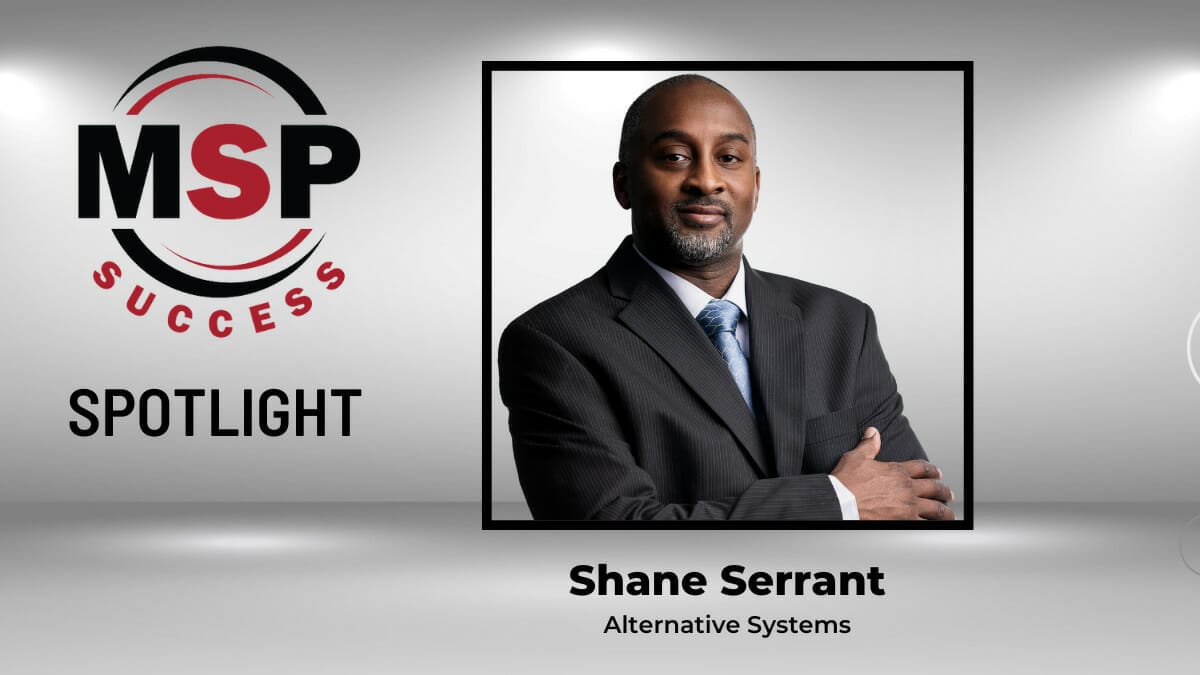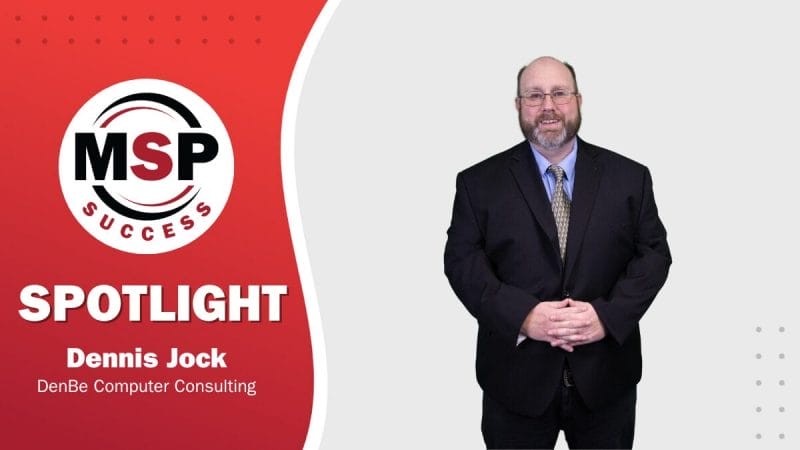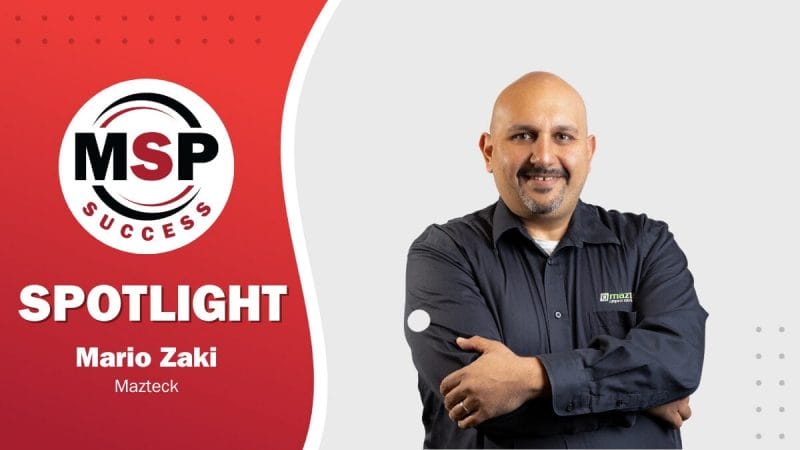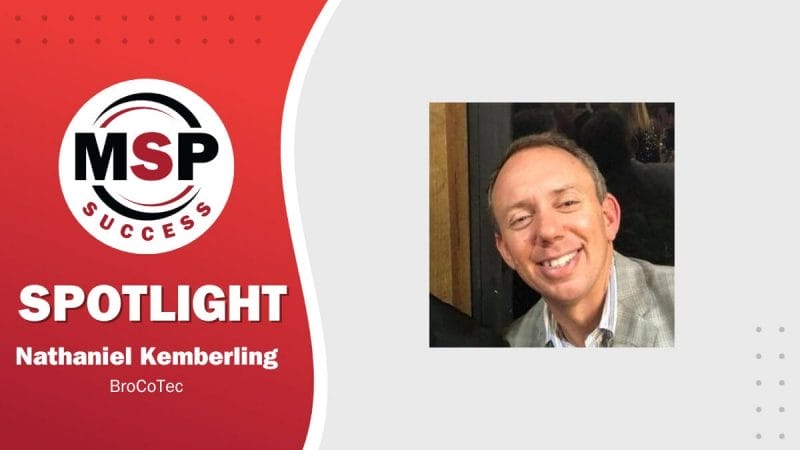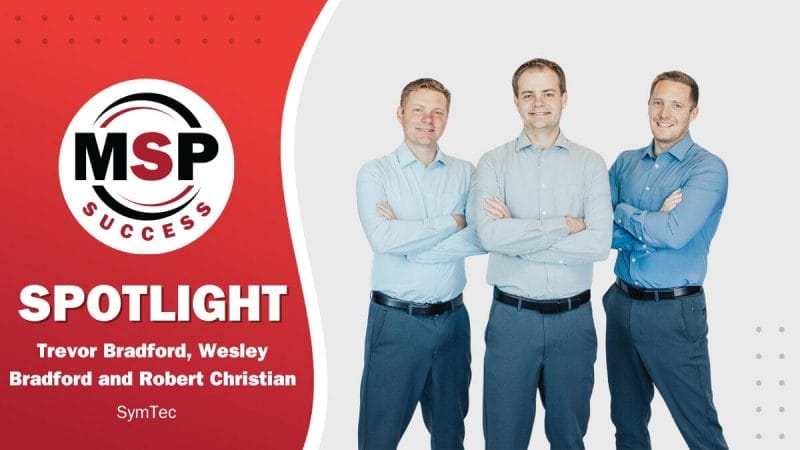Dentists, physicians, surgeons, and health care providers rely heavily on specialized equipment like X-ray machines, cameras, and sensors to treat their patients. With specialized equipment come unique challenges. When devices have technical issues, health care organizations are caught in a volley of finger-pointing between IT technicians and equipment manufacturers that slows patient treatments, frustrating doctors and nurses who rely on the equipment. A 123% increase in ransomware attacks on medical organizations further complicates the technology climate in health care. Instead of treating more patients, health care organizations spend hours of their day worrying about technical issues.
Shane Serrant had worked as director of IT for a national nonprofit for 10 years when he realized that smaller health care organizations struggled to manage modern technology issues. Their budgets were smaller, and he noticed they weren’t getting the same standard of protection as larger companies, but they faced similar risks. Shane recognizes these dentists, doctors and nurses as local heroes-the people who work tirelessly to help others. But, he wondered, who was protecting them?
He left that nonprofit and in 2007 founded Alternative Systems, an IT company committed to offering high-level protection to small dental and medical offices across the Baltimore and Washington, DC, metro areas; Delaware; and Pennsylvania. “There are a lot of local heroes-that’s what I call our dentists, doctors, and first responders-who also need to be protected from the cybersecurity risks that are out there,” he says. “I started my business to bring enterprise-level IT support to those organizations.”
Shane believes that the local heroes who care deeply about their patients’ outcomes and quality of life can change lives-lives of people like his brother, who was diagnosed with a terminal illness as a child but, thanks to the excellent care of one doctor, continues to live a full life. Today, Shane’s expert team of engineers understands the industry extensively so their clients can care for more patients, grow their businesses, and worry a lot less about technology.
Who Protects the Heroes?
Shane’s older brother was 10 years old when he was diagnosed with chronic bronchitis. Holes in his lungs allowed blood to enter them, resulting in terrible coughing spells. Year after year, his brother would undergo surgery to close the holes, but the outlook was not optimistic to some. “There were many doctors who told my brother he would only live to be 21 years old,” Shane recalls. “There was one doctor, however, who treated my brother as his own son. I personally believed that he would not let my brother die; he refused to. His commitment to my brother stuck with me.” At 59 years old, Shane’s brother is alive and well, and Shane credits much of that to a 30-year relationship with Dr. Smith, his family’s own local hero. As an adult, Shane realized that doctors might face struggles of their own, trying to keep up with the modern challenges of technology. He didn’t hesitate to step in.
By the time he started Alternative Systems, Shane had a 20-year career as an IT director in the accounting and nonprofit health care industries, helping them leverage technology to grow their business. When Shane started at the nonprofit, they had $125 million in revenue. “By developing custom applications, going paperless, and setting up automation, we raised that to $250 million in revenue in 10 years,” he says. During those 10 years, Shane met many smaller health care organizations that hoped to have their challenges addressed by his company. “Some of it, we could help with,” Shane explains, “but most of it we couldn’t because we were operating on a much higher level.”
There were many smaller companies out there, he noticed, experiencing technological challenges similar to that of his nonprofit, but their budgets were much smaller. He wondered what would happen if doctors like Dr. Smith, who struggled to meet patient needs because they didn’t have IT support, got the support they needed. How many lives would be changed if these doctors had IT support as specialized as they were? So that’s what he built: an IT company ingrained in their clients’ businesses, whose mission was to bring extensive industry knowledge and IT protection to the local heroes communities rely on.
A Specialized Team for Specialized Industries
Protecting local heroes means understanding the ins and outs of their business, including the medical equipment they use daily and HIPAA and cybersecurity compliance standards. It’s a tall order, which is why every member of Shane’s engineering team is trained on the most modern or newly released hardware in the health care industry and certified in HIPAA and cybersecurity compliance. With specialized training, Shane’s team identifies issues faster-often without involving the manufacturer. “Most of the equipment has some kind of integration to a software, like electronic medical record software. Knowing how they integrate and how the software is supposed to work is critical to ensuring the practice can still run in case there’s an issue,” Shane explains. “When an issue arises, we know how things work, how things are supposed to connect, and where the problem might lie.”
On top of equipment management, health care organizations must deal with HIPAA compliance and cybersecurity insurance standards. These organizations, Shane says, store confidential information including patients’ addresses, health information, how much they weigh, etc. “All this data are things a cybercriminal would love to have. Protecting that information is the responsibility of the practice, but most don’t understand what they need to have in place to do so,” he says. They have one or two cybersecurity controls in place, but they need upwards of 10 to 12 to qualify for cybersecurity insurance. “More people are realizing that they don’t have the necessary things in place, so they become upset with their current IT because they don’t have what they need,” Shane adds. “We spend a lot of time educating around that.”
Education has two parts at Alternative Systems. First, Shane’s employees undergo a rigorous hiring and training program on company culture, medical equipment, HIPAA, and cybersecurity. “If a senior engineer leaves, their knowledge goes too. It’s important for us to spend the money to invest in every single employee so they know how to solve problems as best as possible,” he says.
The second part of education involves spreading the word. Alternative Systems is the exclusive IT provider for the Maryland State Dental Association and works with other associations, like the Maryland Society of Plastic Surgeons, to educate about the state of technology in the medical and dental fields. Shane also connects clients with peers who’ve successfully aligned technology to business goals through monthly meetings or by way of introduction. He creates an environment and culture around security and IT support that provides real, lasting value to clients. Shane’s engineers also visit clients monthly because, he says, his clients often spend hours troubleshooting a problem before they call him. “A technician will come out to their office to do preventative maintenance, but the client also has an opportunity to let us fix whatever they need,” he says. “One of the things our clients say about our competitors is that they never saw them. You will never hear them say that about us.”
Choose IT Vendors with Care
When Shane’s brother finally met a doctor who believed he could live a full life, it changed everything-not just for his brother but for their entire family and the community supporting them. Shane believes that when local heroes can do their job better, with more reliability, it lifts up entire communities. The key for health care organizations to receive the same level of service, he says, is finding vendors who have their best interests in mind.
Shane created the guide Core 7 Things You Should Look For In Your Next IT Vendor so health care organizations and dentists can do just that. “I hear from many clients we onboard that their previous IT company was never around. They didn’t talk to them about patient communication, how social media can affect them, or how to use technology to grow their business. Those are things we talk about all the time,” he says. “I want our clients, or any prospective client, to make sure that whatever vendor they use-whether it’s insurance, equipment, or IT-has their best interests in mind at all times and shares the desire to grow their business.”
Shane’s goal is to pass along knowledge so businesses can take their first steps to grow or align their technology to their mission. “Our goal is to help our clients see more patients during the day and spend valuable time in the evenings with their families or doing other important work, not worrying about technology,” he explains. Within six to nine months of working with Alternative Systems, Shane says, that’s exactly what clients experience. All it took was one doctor to give Shane’s family their life back after a devastating diagnosis. Today, Shane is giving back to local heroes by showing them what it’s like to work with an IT firm that believes in them.
For more information on Alternative Systems, visit www.alternativesys.com


